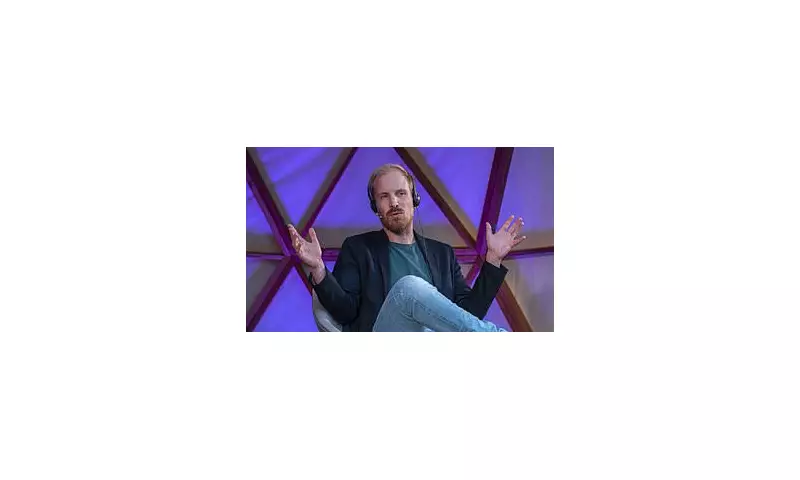
The British Broadcasting Corporation is confronting a profound crisis regarding its political impartiality, a foundational principle for the publicly funded broadcaster. This follows a series of events that have prompted serious questions about its editorial judgement and perceived bias.
The Spark: A Controversial Edit and a Political Firestorm
For days, the BBC's supporters have vigorously defended the corporation on airwaves, insisting it remains a bastion of impartiality. However, this defence has been met with widespread scepticism, particularly from those on the right of the political spectrum. The situation escalated dramatically due to the BBC's handling of a speech by former US President Donald Trump from January 2021.
Fair-minded observers have concluded that the BBC broadcast a grossly misleading and indefensible edit of the speech. This action, critics argue, handed Mr Trump a powerful weapon. The former President is now reportedly considering legal action against the corporation for its editorial decision.
This incident has ignited a fierce debate about whether the BBC, which receives £3.8 billion annually from the British public through the licence fee, shows far greater respect to those who share its metropolitan worldview than to those who do not.
A Pattern of Bias? The Reith Lecture Controversy
As if to underscore these concerns, The Mail on Sunday has revealed another contentious decision by the broadcaster. The prestigious BBC Reith Lectures, once delivered by intellectual giants like Bertrand Russell and Stephen Hawking, have chosen Dutch academic Rutger Bregman as the 2025 speaker.
While the 37-year-old historian is a prominent thinker, his political leanings are clear. Mr Bregman is a proponent of open borders and universal basic income, ideas popular with the political left. He is also a stringent critic of Donald Trump, a stance he reportedly reiterated in his recorded lecture, 'A Time of Monsters'.
This choice raises two critical questions. First, would the BBC ever engage a Reith lecturer who would robustly defend Mr Trump? The consistent answer from critics is a resounding no. Second, coming so soon after the doctored Trump speech, does this not suggest a pattern of one-sided editorial judgement?
The Future of the BBC and Its Royal Charter
The convergence of these events places the national broadcaster in a precarious position. Some of its partisans have attempted to frame the criticism as an issue of defending the BBC against foreign interference, specifically from President Trump. Yet, many argue the corporation's own bias and lack of judgement have placed it in this vulnerable situation.
The ultimate consequence of this crisis could be far-reaching. The BBC's current Royal Charter is due for renewal at the end of 2027. This ongoing controversy over impartiality leads to a fundamental question: can this tottering giant be granted a new charter without first accepting a far more explicit and stringent agreement on its duties to the licence-fee-paying public? The corporation's leadership, its High Command, now faces its most significant test in years.





